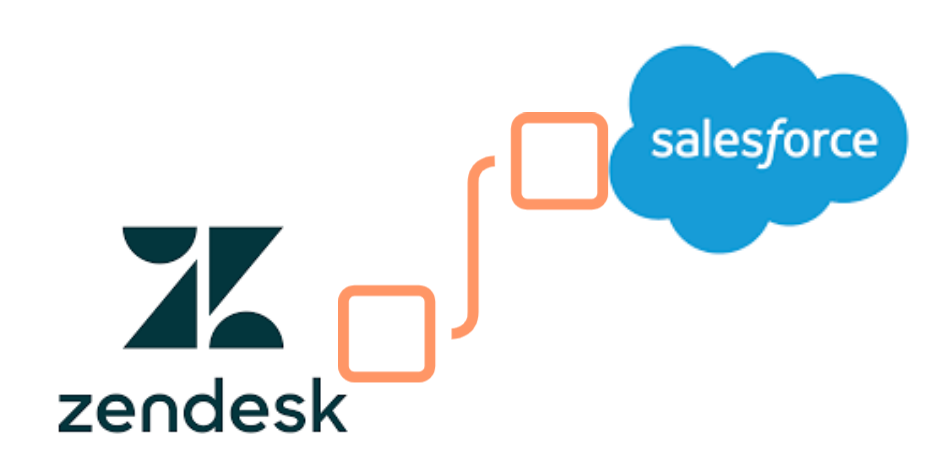
Salesforce is indubitably the undisputed champion of CRMs. However, implementing it successfully is no small feat. Many businesses, despite their best intentions, stumble into common pitfalls that lead to wasted resources, frustrated users, and underwhelming results. The good news? These challenges can be avoided with careful planning and the right Salesforce implementation partner by your side. Below are the most common Salesforce implementation pitfalls and how an experienced partner can help navigate them.
Lack of Goals and Strategy
Many teams go all-in on Salesforce without knowing what “win” looks like. That leads to unnecessary bells and whistles, wasted time, and demotivated users. As Brent Leary, the founder of CRM Essentials says: “A successful Salesforce implementation starts with a clear strategy; technology alone won’t solve business problems.”
Without defined KPIs or alignment across departments, even the most advanced setup lacks direction. A roadmap ensures that your team knows what success means and how to achieve it.
Messy Data Migration
Moving messy data into Salesforce can lead to duplicate records, broken reports, and a loss of trust in the system. According to a Salesforce survey, only 35% of sales professionals completely trust the accuracy of their business’ data. Jill Rowley, SaaS GTM leader from Salesforce, sums it up bluntly: “Bad data is the enemy of good decisions.”
Before migrating, data should be cleansed, deduplicated, and validated to ensure accuracy and integrity. Otherwise, users will quickly lose faith in the platform.
Poor User Training and Adoption
Even a shiny system fails if users don’t use it. CRM implementations fail due to low adoption. In the age of AI, this challenge is even more pressing, as nearly half of Salesforce users (45%) report uncertainty about where to start with AI or concerns about its implications. Only 16% feel confident in their AI capabilities.
Complex training, unclear benefits, and no support make adoption a flop. Users need to see how Salesforce makes their work easier, not harder. Ongoing training and peer support are crucial for building confidence and forming healthy habits.
Over-Customization
Custom fields and code can be helpful, but they can also spiral out of control. Over-customizations make upgrades messy, slow things down, and spike costs. A significant chunk of a project’s cost is allocated to customization, but often without providing a corresponding value. When it comes to Salesforce customization, less really can be more, as every tweak adds technical debt. Stick to core functionality unless there’s a strong business case for going custom.
Ignored Integrations
Salesforce is not an island. It needs to communicate with billing, ERP, and marketing tools. Without solid integrations, data silos form and workflows break. Disconnected systems force users to switch contexts, re-enter data, and rely on outdated reports. Seamless integrations create a unified view of the customer journey.
Lack of Executive Sponsorship
Without executive-level buy-in, CRM projects often flounder. Missing executive involvement leads to fragmented adoption. If leaders don’t lead, projects lose steam and users stay uncertain. When leadership champions the platform, others follow. Their support reinforces priorities and clears roadblocks faster.
Skipping Tests and Sandbox Work
Deploying directly in production is a recipe for disaster. Missing sandbox testing leads to broken workflows and time-consuming fixes. Projects are often delayed due to late-stage changes. Hence, it is important to test early and test often. Sandbox environments allow safe trial runs before rollout. They also help uncover dependencies and conflicts before it’s too late.
Neglecting Ongoing Support
Go‑live isn’t “set it and forget it.” Businesses often stop supporting after launch, leaving unresolved issues behind. Several projects fail due to a lack of post‑launch support. Salesforce needs supervision even after launch. Regular check-ins, admin support, and performance reviews help teams adapt to evolving needs. A CRM should grow with your business, not become a relic.
How Salesforce Implementation Partners Help
For customer-centric businesses, success hinges on a tool like Salesforce to manage all sales and marketing activities. Against this background, Salesforce implementation partners prove to be an asset to your organization. Here’s how they can help you navigate common implementation challenges:
Sharp Discovery and Goal-Setting
A quality partner prioritizes discovery. Ignoring this stage leads to a system that misses the mark. With expert Salesforce implementation services, you can align platform capabilities with business goals from the very start.
Data Strategy and Migration
Salesforce implementation consultants bring best practices. They split migration into its own projects, such as scrubbing, mapping, and testing. This ensures your CRM starts clean.
Comprehensive Training
Salesforce implementation partners offer role-specific hands-on workshops, peer mentoring, and real-time support to boost adoption. This tailored approach accelerates platform usage and helps users get comfortable faster.
Smart Integrations
Salesforce implementation services providers architect scalable ETL pipelines and use best-in-class APIs. This saves you from slow syncs and silos. By connecting Salesforce with existing systems, implementation partners reduce friction and drive efficiency.
Governed Customization
A Salesforce consultant has a native understanding of the Salesforce platform. As such, they can offer a high degree of customization that is unparalleled and typical of your business requirements. They start with standard tools, limit code customizations, document everything, and review tech debt regularly.
Executive Buy-In
Implementation partners involve leaders early, present metrics, and keep execs in the loop, ensuring the project stays aligned with business goals. Their stakeholder alignment strategies increase project visibility and traction.
Rigorous Testing
Salesforce implementation partners use sandboxes and run UAT sessions. This avoids late surprises and late-stage chaos. Every test cycle strengthens reliability and ensures a smoother launch experience.
Ongoing Support
Salesforce experts offer post‑launch helpdesks, regular tune‑ups, and training refreshers to keep your setup sharp and scalable. With a dependable Salesforce implementation partner, continuous improvement becomes part of the CRM lifecycle.
Final Take
Salesforce can spark a 36% sales productivity and 28% sales revenue uplift, but only if done right. Avoiding common pitfalls, such as unclear goals, dirty data, low adoption, over-customization, missing integrations, weak executive support, poor testing, and weak post-launch care, is critical. The right implementation partner is your secret weapon. They bring structure, expertise, and accountability. They help you play the long game, not just score a quick win. With the right partner in your corner, Salesforce becomes a powerful ally, not a messy, costly headache.





